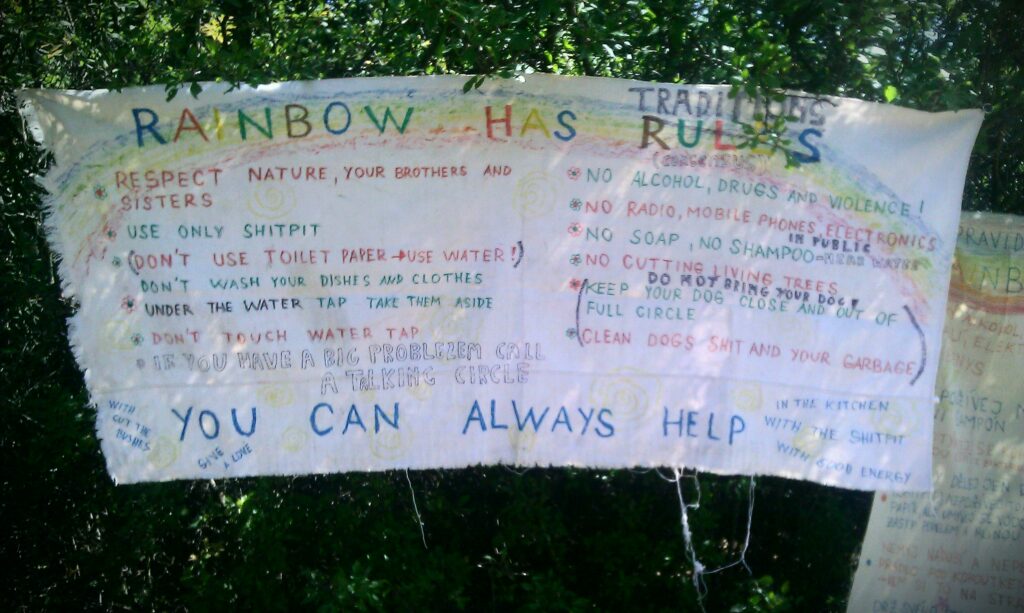A reflection on #Oxford, the web, and the invisible gap we’re not naming. It’s a simple question, but one that says a lot about where we’re at with the #Fediverse and the broader #openweb reboot: Why doesn’t every city have its own Fediverse server?
I’ve been looking – specifically for my city: Oxford, UK. And the answer seems to be… Nope. Nothing. Not a single clearly local Mastodon, Lemmy, Pixelfed or similar instance. This might seem trivial, but it’s actually a big red flag about where we are failing to root the #Fediverse in the real world.
Wait – Why should cities have their own servers? Because servers are more than just infrastructure, they’re community spaces. They are places where shared context matters. In a healthy #openweb ecology, you’d expect to see:
- A Mastodon instance for Oxford academics and students
- A Lemmy server for Oxfordshire campaigners sharing local issues
- A Mobilizon instance for local events, climate actions, social meetups
- A PeerTube or Castopod space archiving local talks, indie music, alt-news
These are the digital town halls we should be building. But we’re not. Why? Oxford isn’t just any city. It is where the World Wide Web first found public ground in the UK. I used the first web browser in a room set aside for “the internet” here almost 30 years ago, it was a wonder. It’s a place that is full of geeky students, hackers and programmers. With a deep history of academic freedom and radical thought, that has long served as a symbolic cradle for digital culture. If we can’t see clear Fediverse infrastructure here, something’s broken, and not just in Oxford.
What’s holding us back? Possibilities, the myth of spontaneity? We assume that because the Fediverse is “open,” it will naturally emerge everywhere. It won’t. Like any commons, it needs cultivation, volunteers, funding, attention.
Invisible technical barriers, running a Fediverse server isn’t hard, but it’s also not beginner-friendly. And even “geeky” students are under immense pressure, rents, loans, side gigs. Who’s got time to run infra?
Cultural disconnection, we have a user class and a developer class, and they rarely mix. No one’s stepping up to build for their community, because the tech feels distant, or worse, owned by someone else.
#NGO capture & misplaced focus, a lot of #FOSS energy gets eaten up by grant-funded projects that serve other bureaucratic ends. Meanwhile, grassroots needs, like “a city-based server for sharing local stuff”, get overlooked or dismissed as unscalable.
What do we do? Let’s flip the question around. Why NOT have a Fediverse server in every city? If we started treating servers like digital community gardens, then:
- Local campaigns could run Lemmy or Mastodon spaces
- Libraries could host Pixelfed galleries of community art
- Climate groups could run Mobilizon for mutual aid and action
- Neighbours could share events and info, outside of corporate silos
Oxford needs a server, so does your city. This is a callout – and a call-in, if you’re a sysadmin, activist, student, tinkerer, or just someone who cares about your city and the #openweb, start asking: where’s our server? Let’s build it. Let’s map it. Let’s make the Fediverse a place of places, not just a cloud of abstract URLs. We need to get the #Fediverse out of “nerd island” and into the towns and cities we actually live in.
On the history of the web and Oxford (BBC). Want to help start a #MastodonOxford or similar? Let’s talk. We have the tools. We just need the will.
UPDATE: On this needed path, let’s try and focus on diversity of codebases. As the is currently too much focus on vertical, #Mastodon is locked into its own trajectory, a closed loop of PR, hierarchy, and “favourites over merit”, so trying to wrestle it into something else is a waste of energy.
The smart path is to let it drift into its own #mainstreaming Fediverse while we work on the #openweb reboot without importing it mess path. The wider challenge is making sure our reboot isn’t just “not Mastodon” but actually functional, grounded, and healthy, with native governance, trust-based collaboration, and the #4opens at the core.
If we’re talking plan, I’d frame it as:
Draw the line – Publicly define what’s “native” openweb culture and what’s toxic carry-over from #geekproblem and #NGOcapture.
Build in public – Open docs, open processes, open code, open governance (#4opens), so trust compounds over time.
Seed alternative centres of gravity – Forge small, working nodes that can federate and interoperate without depending on a single code-base and Dev crew.
Culture over code – Prioritize conviviality, generosity, and horizontal decision-making before feature creep.
Pull people sideways – Attract users and devs who are frustrated with the PR-walled gardens, not by attacking mainstreaming Mastodon but by showing something that feels better to use and be part of.








